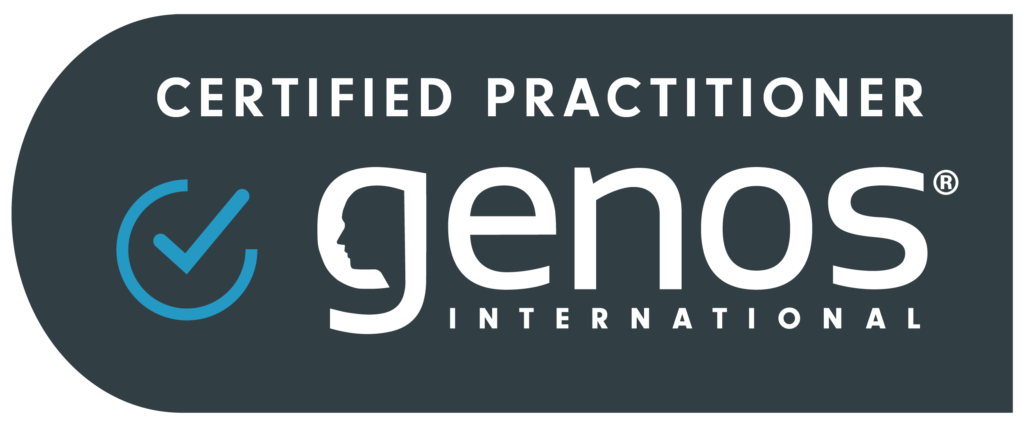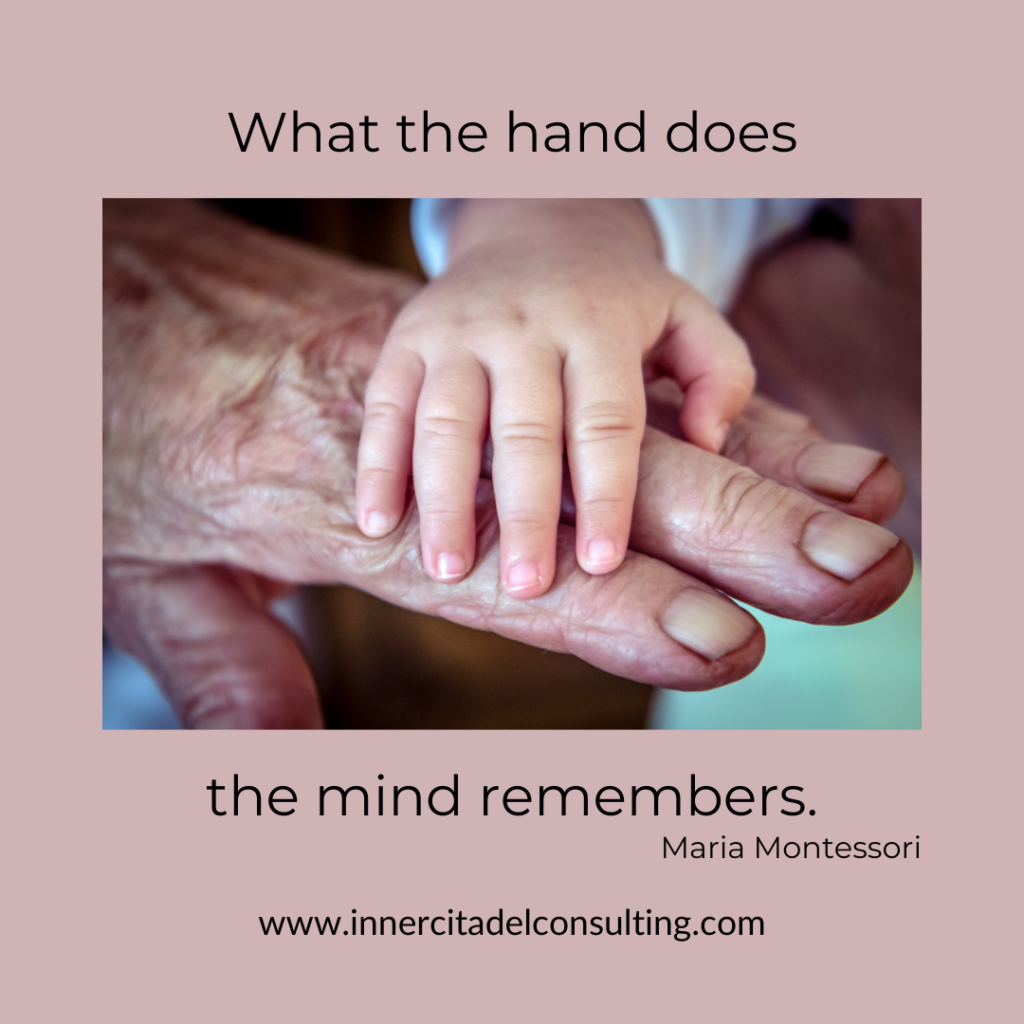“Why do you live the way you do? Why do you lead the way you do?”
Most philosophies that we could call “Socrates’ children” have concept of “purpose” for things. A bicycle’s purpose, you might say, is be a way to travel between places. This purpose, or τέλος in Greek, basically describes for humans the goal of living. Cicero explained it as something that is not a means to some other end, but is the thing to which all else is working. This idea has made it’s way down the ages to us as the concept of the “highest good”.

It’s a tricky thing to think about, actually. And often uncomfortable. It’s easier just to react to what comes at us, day to day – to live for the moment instead of in the moment. But at some point in your life, you’ll ask yourself, “What am I living for? How does what I am living for shape the decisions I make every day? Are my short term goals supporting my longterm goals for my life?” Heavy stuff! Most leaders who come to me for coaching are trying to uncover their answers to those questions.
Finding the right ladder
I often think about the idea Stephen Covey made famous,
“It’s incredibly easy to get caught up in an activity trap, in the busyness of life, to work harder and harder at climbing the ladder of success only to discover that it’s leaning against the wrong wall. If the ladder is not leaning against the right wall, every step we take just gets us to the wrong place faster.”
Stephen Covey in “The Seven Habits of Highly Effective People”
Small cool tangent – the image of the ladder against the wrong wall was actually coined by a writer called Allen Raine around 1915, a pseudonym for Anne Adaliza Evans, a very successful Welsh writer who was not able to publish as a woman.
Have you thought about what the highest good is for you? Do you lead differently than you live?
For Stoics, the short answer to these questions was pretty straightforward. It comes, logically enough, out of understanding what we are – not who (leader, mother, friend, athlete, whatever), but what. Our telos as human beings, our prime directive if you like, is to live according to our nature. And it is our specific nature to be aware of our emotions, judgments and perceptions and to evaluate them, and then to choose the best actions as a result. For Stoics, this was the point of living, the highest achievement, to be virtuous (cognitively and emotionally rational, i.e. human) in all our choices. And from that purpose comes everything else, as it should, like “happiness”.
A Stoic would probably suggest that when I have been “unhappy” it’s because I misunderstood my goal. I would say, reflecting on my life, that I have been most unhappy when I thought that something on the way to my purpose was actually the goal. I’ve also gone after things I knew I shouldn’t – but that doesn’t just make me unhappy, it causes me pain.
Authenticity?

OK, what does all this mean for leaders? Well, if we do not have a clear idea of what we are, we are unlikely to be able to truly choose who we want to be. It’s too easy, without a clear idea, to stick that ladder up the wall other people choose for us or tell us we should climb. It’s too easy to be reactive to what life offers us every day, because it feels easier than asking those tough questions. The buzz-word these days is “authenticity”, but I call it working to align who you are to what you are. If you believe you are human in the way Stoics do, then you will be striving every moment to be aware, to understand how you relate to everything around you through perception and judgment. There are some important places for the Stoics on the way to this telos, such as compassion, community, and justice. But those aren’t the places we stop meeting our purpose, they’re results along the way to our purpose.
So, the Stoics provide us with an answer to the question, “What am I?” After that, it’s a just question of figuring out how to be fully human, aware of our emotions, judgments and perceptions and able to evaluate them, and then to make the best choices we can. That’s all … 😀
Check out Part 2 of this series, which looks at the conclusions Stoics reached about our nature as social creatures, and why this matters for leadership.





